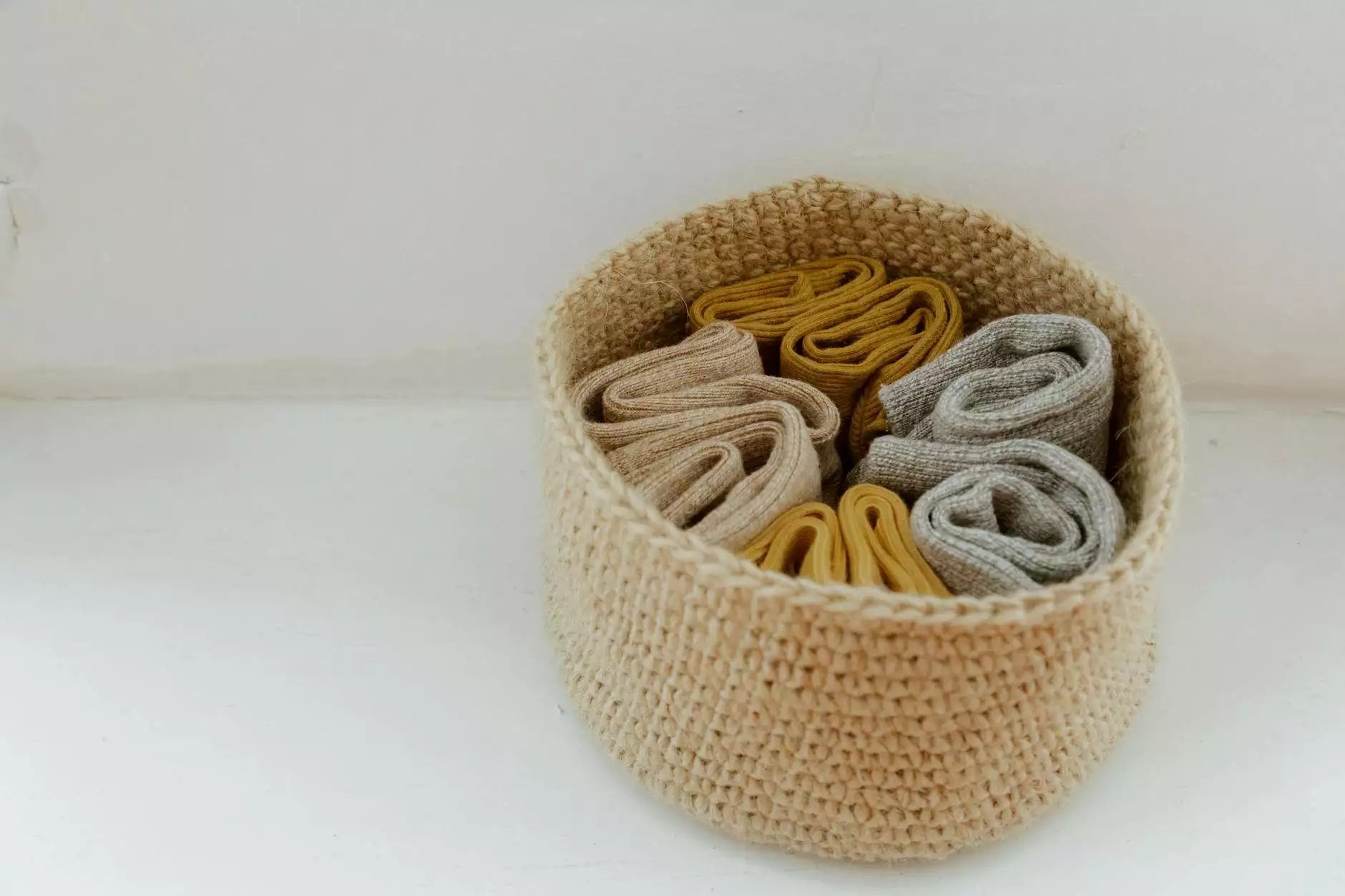Understanding the Role of a China Precision Injection Mould Factory

In the fast-evolving landscape of global manufacturing, the China precision injection mould factory stands out as a critical player. Armed with cutting-edge technology and unparalleled craftsmanship, these factories are pivotal in producing high-quality moulds that meet the diverse needs of industries worldwide.
What is Precision Injection Moulding?
Precision injection moulding is a manufacturing process where molten material is injected into a mould cavity to form precise components. This technique is widely favored for its ability to produce complex shapes with minimal waste and high repeatability.
Key Features of Precision Injection Moulding
- High Accuracy: The ability to produce detailed and intricate parts with close tolerances.
- Efficiency: Fast production speeds leading to reduced lead times.
- Material Versatility: Utilization of various materials, including plastics, metals, and composites.
- Cost-Effectiveness: Streamlined processes that lower production costs over time.
The Importance of Injection Moulds in Manufacturing
Injection moulds are the heart of the precision injection moulding process. They determine the shape, dimensions, and overall quality of the final product. In a China precision injection mould factory, skilled engineers and designers collaborate to develop sophisticated moulds that cater to specific industry demands.
Types of Moulds Used in China Precision Injection Mould Factories
There are several types of moulds utilized in these factories, each designed for distinct applications:
- Single Cavity Moulds: Ideal for producing one part per cycle, often used for simple components.
- Multi-Cavity Moulds: These produce multiple parts simultaneously, enhancing productivity and efficiency.
- Family Moulds: A versatile option that allows different parts to be produced in a single cycle, reducing costs and lead time.
- Stack Moulds: These are designed with two or more levels of cavities, allowing for the manufacturing of thicker or larger parts.
The Manufacturing Process in a China Precision Injection Mould Factory
The process begins with the design of the mould, often utilizing advanced computer-aided design (CAD) software. The following steps outline the typical manufacturing workflow:
Step 1: Design and Prototyping
Engineers create a detailed design of the mould, which is then prototyped. This initial model helps in evaluating the feasibility of the design and making necessary adjustments before mass production begins.
Step 2: Material Selection
The choice of material for the mould is crucial; common options include steel and aluminum, providing varying degrees of durability and thermal conductivity. China precision injection mould factories carefully select materials based on the end-use requirements of the products being manufactured.
Step 3: Machining the Mould
Using CNC (Computer Numerical Control) machines, the mould components are meticulously crafted. This introduces a high degree of accuracy and repeatability in the production process.
Step 4: Assembly and Testing
The individual components are assembled, and rigorous testing is conducted to ensure that the mould meets the necessary specifications. This step is fundamental to maintaining quality standards.
Step 5: Production
Once the mould is validated, it is used for injection moulding the final products. Continuous monitoring during this phase ensures adherence to quality and efficiency metrics.
Quality Assurance in China Precision Injection Mould Factories
Quality assurance is a defining feature of China precision injection mould factories. These facilities employ rigorous quality control measures to ensure that every mould produced is of the highest standard.
Quality Control Measures Include:
- Material Inspection: All raw materials are thoroughly inspected before use.
- Process Monitoring: Continuous monitoring during production helps identify potential issues before they escalate.
- Final Product Testing: Each mould undergoes rigorous testing to ensure it meets design specifications and quality standards.
Benefits of Partnering with a China Precision Injection Mould Factory
Collaborating with a established factory offers numerous advantages:
Cost-Effective Solutions
By leveraging advanced manufacturing techniques, China precision injection mould factories can reduce production costs significantly, providing competitive pricing for bulk orders.
Rapid Production Times
The streamlined processes in these factories enable faster turnaround times, allowing businesses to meet tight deadlines without sacrificing quality.
Access to Expertise
With years of experience, engineers and technicians in these factories offer invaluable insights and guidance, helping clients optimize their designs for manufacturability.
Flexibility in Design and Production
Many factories can adapt quickly to changing client requirements, making it easier to produce customized solutions that align with the ever-evolving market needs.
Industry Applications of China Precision Injection Mould Factories
Products manufactured using precision injection moulding find application across various industries.
Key Industries Benefiting from Precision Injection Moulding
- Automotive: Components such as dashboards, panels, and other intricate parts.
- Consumer Electronics: Plastic casings and internal components for gadgets and devices.
- Medical Devices: Precision parts that meet stringent regulations in healthcare.
- Aerospace: Lightweight components designed for durability and safety.
- Household Appliances: Functional parts that enhance the usability of everyday products.
The Future of Precision Injection Moulding in China
The future of China precision injection mould factories looks promising, driven by technological advancements and increasing global demand for high-quality moulds. With emerging trends such as the Internet of Things (IoT), 3D printing, and the ongoing pursuit of sustainability, these factories are well-positioned to innovate and adapt in this competitive landscape.
Emerging Trends to Watch
- Automation: The incorporation of robotics and automated systems promises to enhance production efficiency and precision.
- Advanced Materials: Research into new materials will lead to the manufacture of lighter and more durable components.
- Sustainability Initiatives: Factories are increasingly focusing on reducing waste and utilizing eco-friendly materials.
Conclusion
In summary, China precision injection mould factories are integral to the world of manufacturing, offering exceptional products that drive industries forward. With their commitment to quality, innovation, and efficiency, they are poised for a bright future, contributing significantly to the global supply chain.
For businesses seeking high-quality mould solutions, partnering with a reputable China precision injection mould factory is a strategic move that promises lasting benefits.









